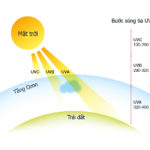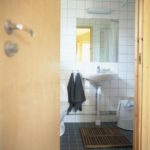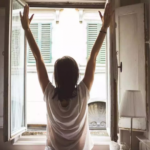Most of us assume that the morning is the most polluted time of day due to the heat, smoke, and emissions from traffic. It is natural to assume that the morning rush hour is the worst time for air quality.
So, we diligently wear our masks when commuting in the morning to protect ourselves from the presumed worst air quality. However, we tend to relax and “open up” in the evenings, believing that the cooler temperatures and reduced traffic result in better air quality than in the mornings.
But here’s the catch—most people are unaware that the air quality in the evenings can be significantly worse than in the mornings. Why is that? According to Quora, the morning sun heats up the Earth, creating air convection currents that expand the air and carry away pollutants.
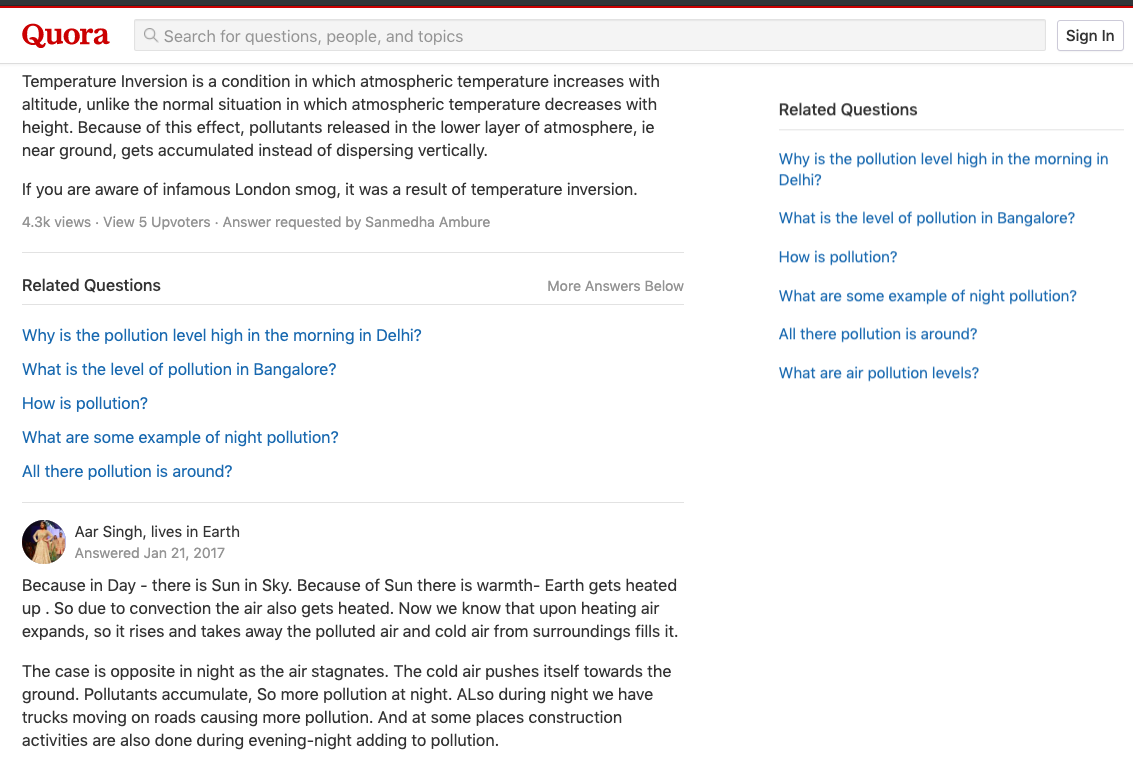
In contrast, during the evenings, when temperatures drop, a layer of cold air forms near the ground, trapping pollutants and causing them to accumulate. This results in higher pollution levels in the evenings compared to the mornings. Additionally, there is an increase in truck traffic and some factories operate at night, further contributing to the evening pollution spike.
This is further supported by Researchpipeline, which contacted Sparetheair, an organization that maintains air quality monitoring stations around the Bay Area (San Francisco). They found that the highest levels of PM2.5 (fine particulate matter) occur from 8 PM onwards.
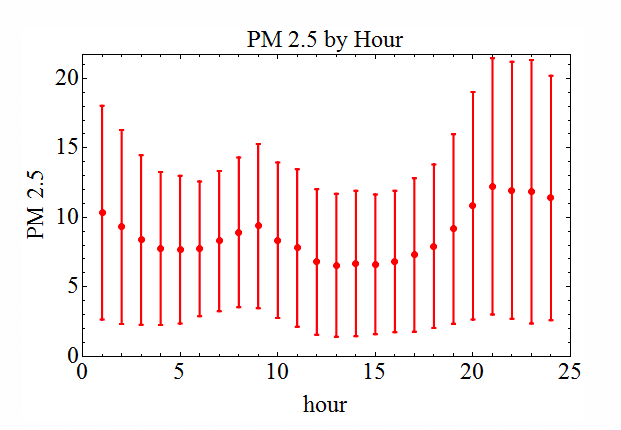
But what about in Vietnam? To verify if this trend holds true in Vietnam, we used the Air Visual app, which analyzes air quality data from monitoring stations worldwide, including Vietnam. As expected, the Air Visual pollution charts showed that from 10 PM onwards, the air quality in Ho Chi Minh City deteriorates.
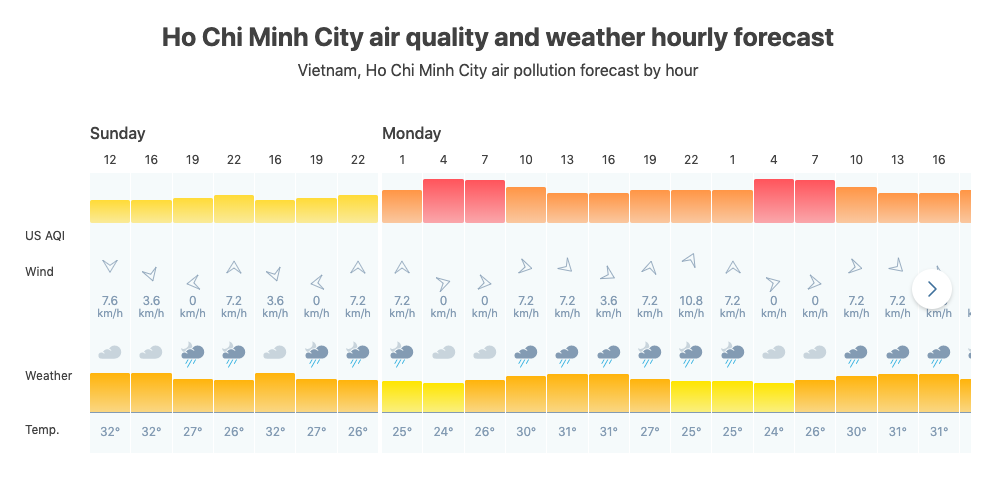
The same pattern was observed in Hanoi, with air quality worsening from 10 PM onwards.
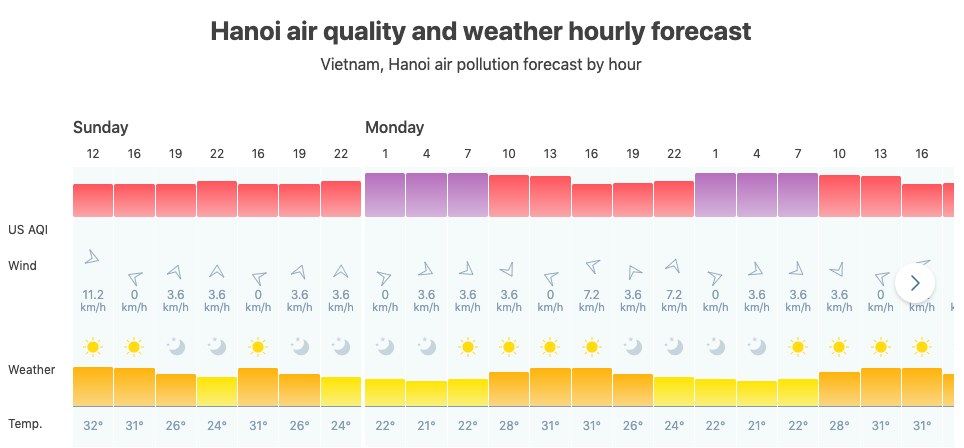
With air pollution becoming an increasingly serious issue, let’s take small but significant steps this year, such as turning off appliances, recycling, and more, to contribute to a healthier environment.
In light of this information, it’s clear that the evenings are not as innocuous as we thought. Therefore, whether it’s morning or evening, it’s important to take precautions to protect your health when outdoors, such as wearing masks properly. Additionally, consider improving your indoor air quality by introducing houseplants, investing in air purifiers, and keeping windows closed to reduce the influx of polluted air.
Explore the Benefits of Investing in an Air Purifier
Are you looking to make your home a healthier and more comfortable place to live? XANH Electronics has the perfect solution – air purifiers! Using modern technologies, these air purifiers not only offer a clean and safe atmosphere, but also provide numerous health benefits for you and your loved ones. Explore the advantages of air purifiers today!


























